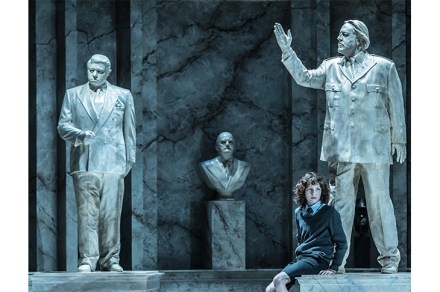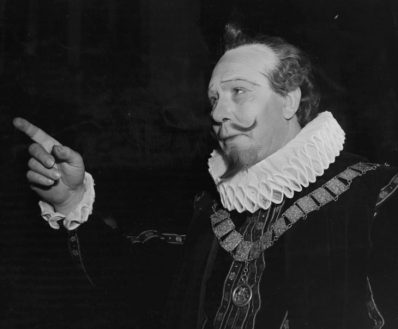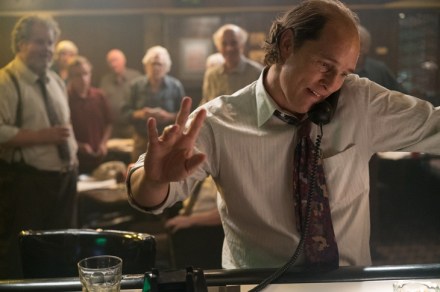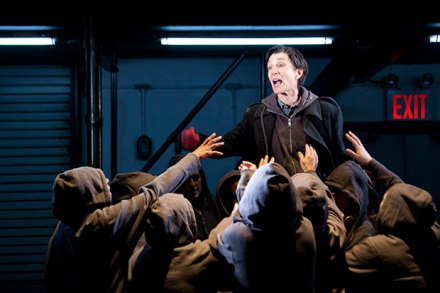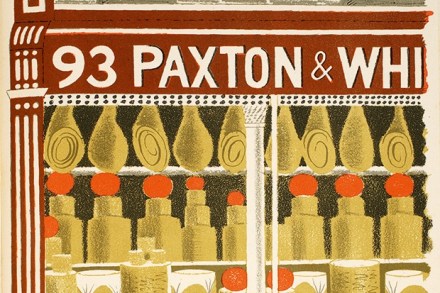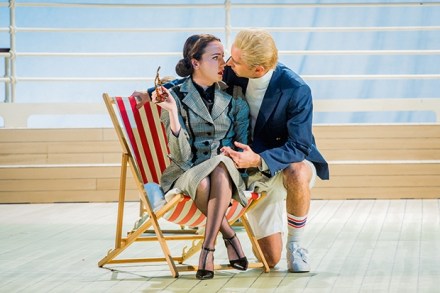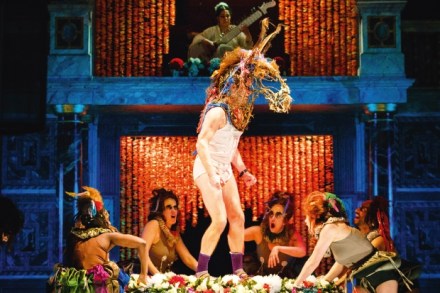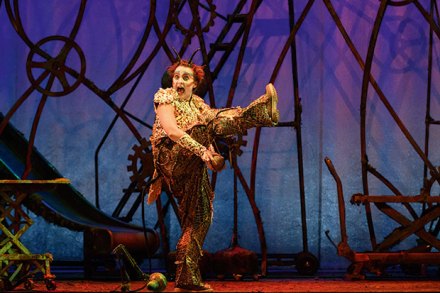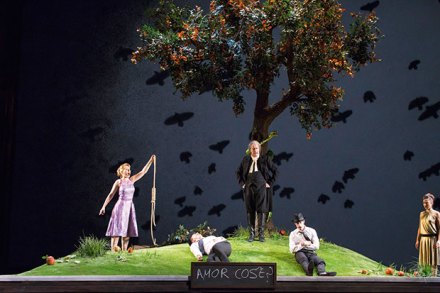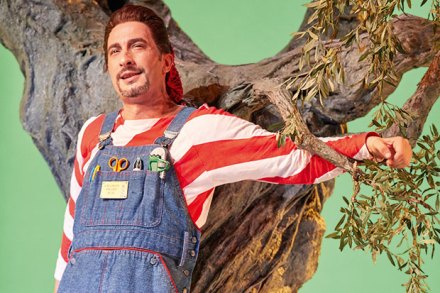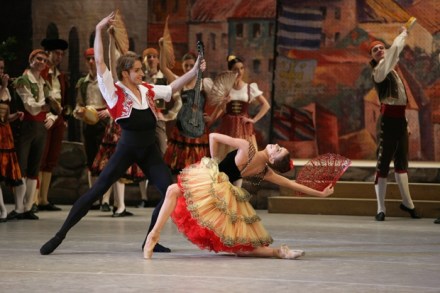Statue-esque
Why set a supremely great play to music? The Winter’s Tale, the play of Shakespeare’s that I love most, has much of his most beautiful and intelligent poetry, as well as some of his most condensed and puzzling lines. Ryan Wigglesworth, in several of the innumerable interviews about his new opera, says he has been obsessed by the play for decades. So have I, but if I were a composer I think that would be a reason for leaving well alone. Wigglesworth has made his own libretto by using snippets of Shakespeare, enough to remind one of the original, but frustrating, most of the time, in producing a strip-cartoon version
